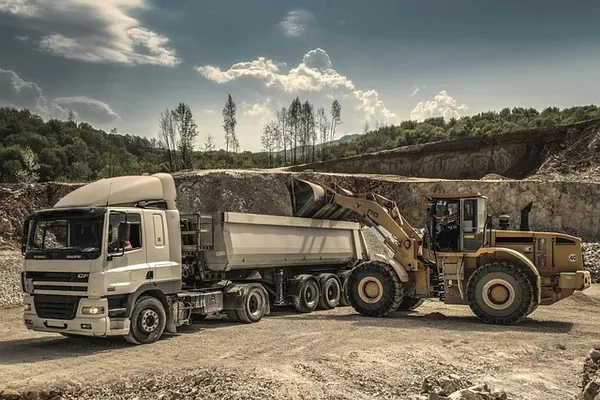Rescue operations in eastern Iran have tragically escalated, with officials confirming the recovery of more bodies following a devastating explosion at a coal mine in Tabas. The disaster, which occurred on Saturday night, has now claimed at least 38 lives, while 14 miners remain trapped underground.
The explosion, which struck the Tabas Parvadeh 5 mine, approximately 540 kilometers (335 miles) southeast of Tehran, has left the mining community in shock. Survivors, still covered in coal dust, recounted the harrowing moments following the blast. One miner, speaking anonymously to Iranian state television, described a scene of chaos: “We were in the mine, working. Suddenly there was some smoke rising… then I noticed I had difficulty breathing… My friends (remained) in there.”
Initial investigations indicate that a sudden leak of methane gas may have triggered the explosion, despite prior safety checks showing no signs of leakage. The recovered bodies displayed no blast injuries, suggesting that many victims succumbed to gas inhalation before the explosion occurred. This highlights the persistent dangers associated with mining operations, where the presence of methane and other gases is a common hazard.
The privately owned mine, operated by Mandanjoo Co., has faced scrutiny regarding its safety measures. Reports have not clarified the specific safety protocols in place at the facility, and the company has not responded to requests for comments.
In response to the tragedy, Iran’s new reformist president, Masoud Pezeshkian, who is preparing to attend the U.N. General Assembly, has ordered a full-scale rescue operation for the trapped miners and an investigation into the incident. Pezeshkian emphasized the need for improved safety standards across the nation’s mining sector to prevent future disasters, stating, “I also requested to take measures to prevent the recurrence of such incidents by improving work standards in the country’s mines.”
The coal mining industry in Iran has a history of fatal accidents, with significant incidents occurring in the past. A coal mine explosion in 2017 claimed at least 42 lives, leading to public outrage over safety conditions. Previous incidents, including separate accidents in 2013 and 2009, resulted in additional fatalities, drawing attention to the lax safety standards and inadequate emergency services often present in mining operations.
Iran, rich in mineral resources, produces about 1.8 million tons of coal annually, falling short of its consumption needs of approximately 3.5 million tons. The gap is often filled by imports, primarily used in the country’s steel mills. As the nation grapples with this latest tragedy, the focus will be on ensuring safer mining practices and supporting the families affected by this disaster.


